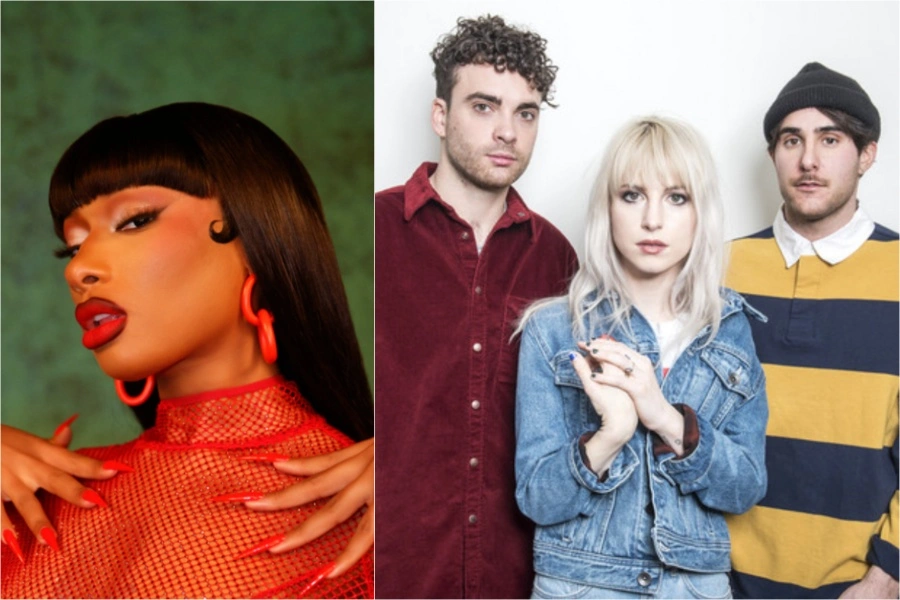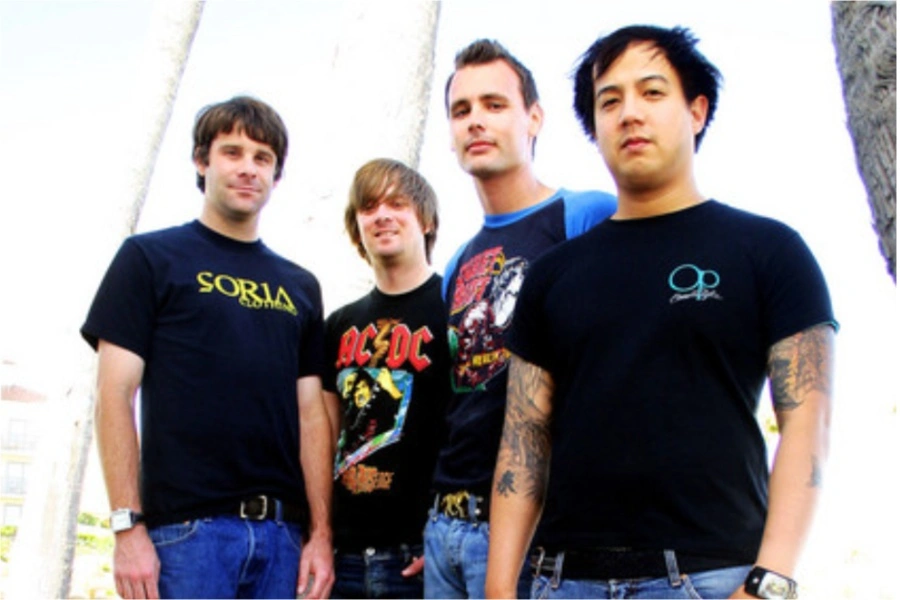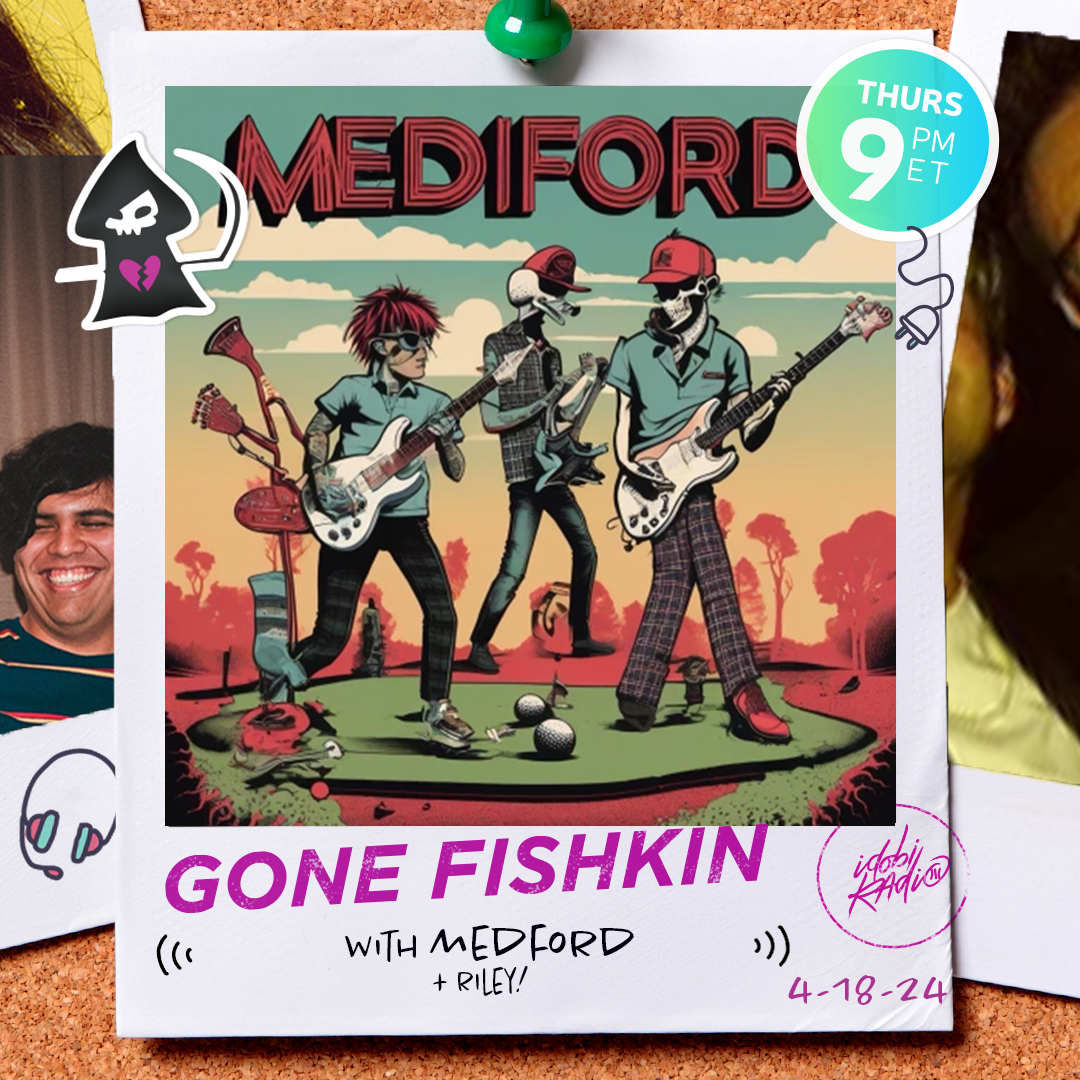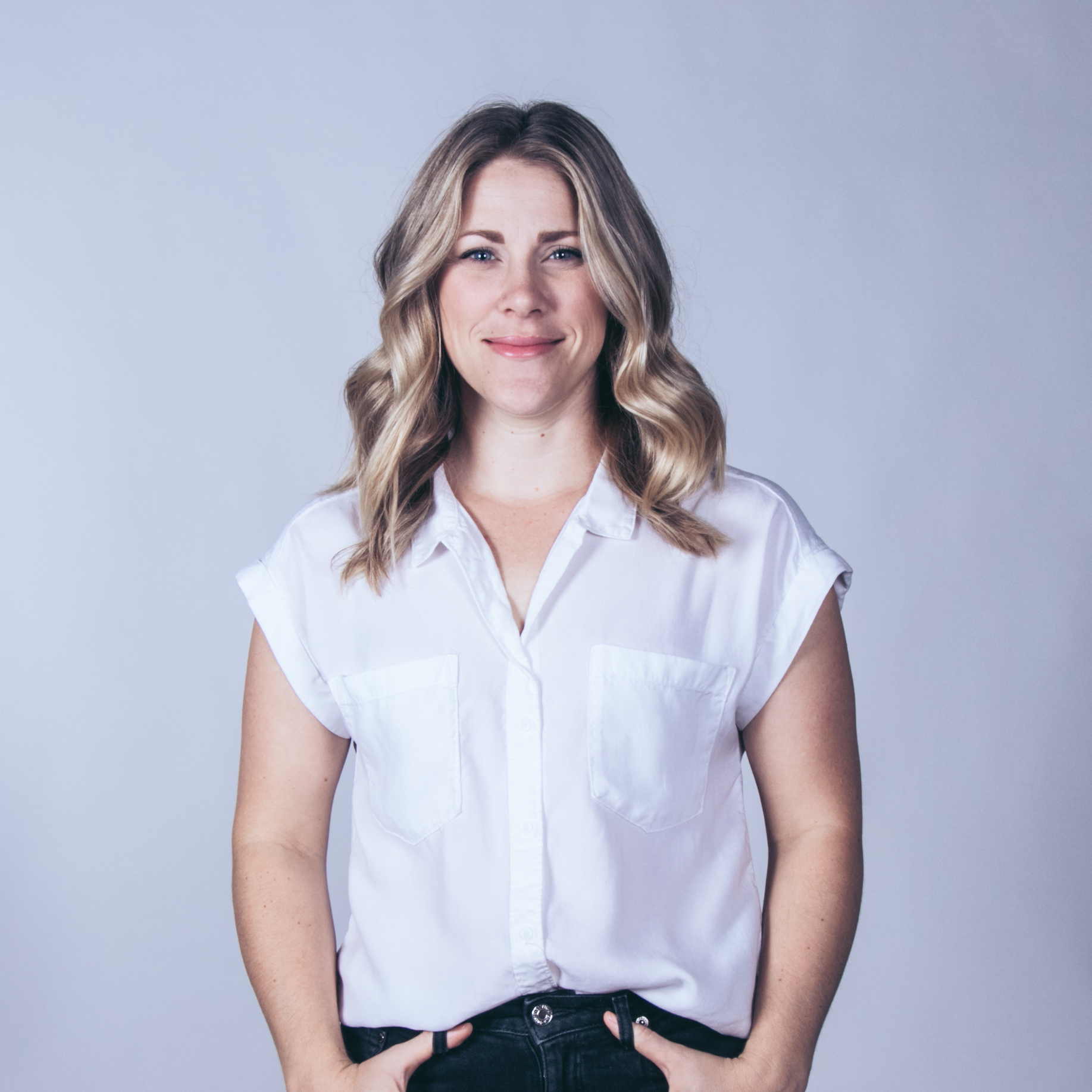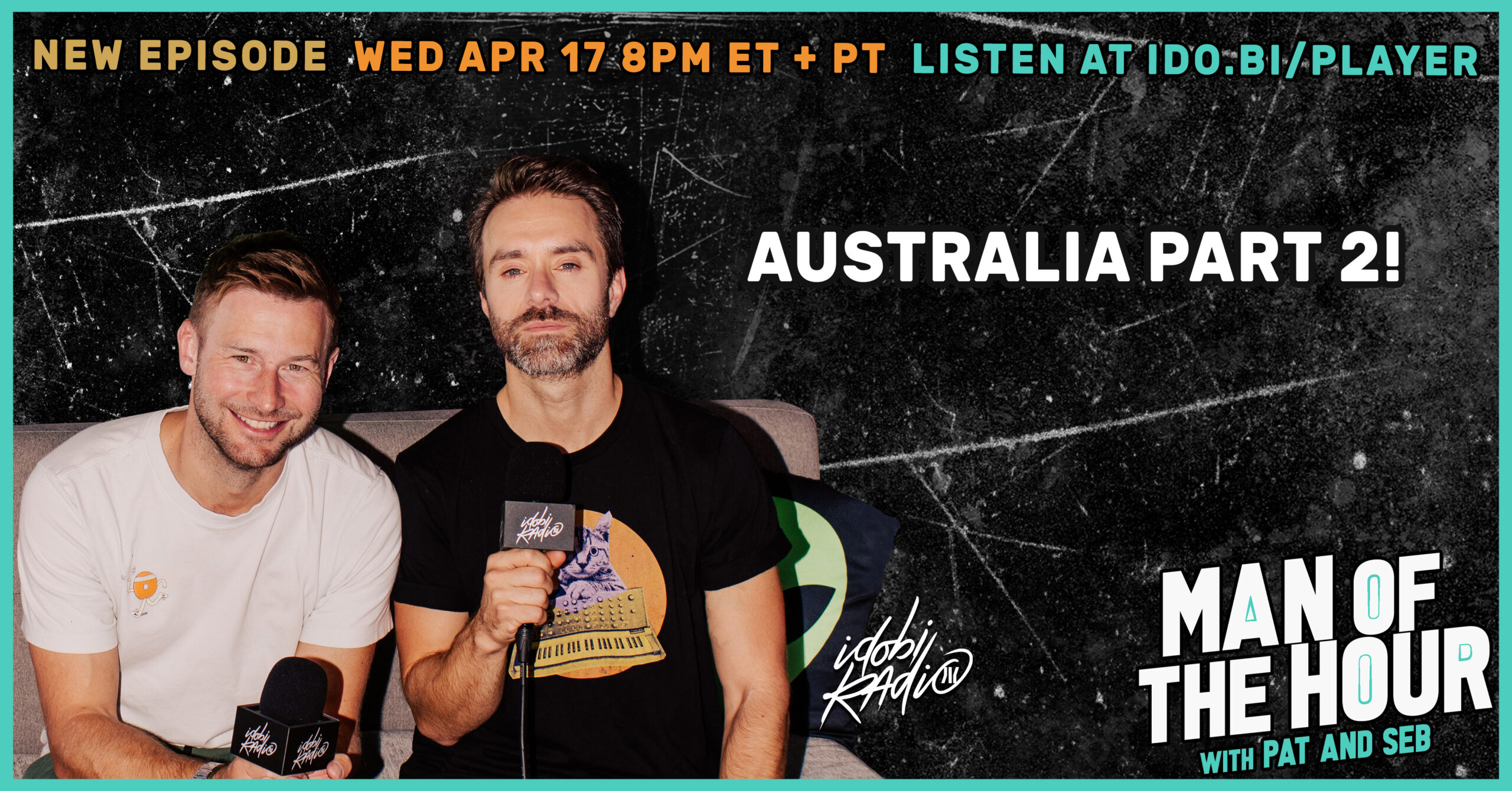In a year fraught with political turmoil, turbulence and insecurity, music fans turned to their favorite songs to take them away from many of their problems and help them come to terms with others that were impossible to escape. Whether it was Eminem rapping, “Lose yourself in the music,” or Bruce Springsteen singing, “Come on up for the rising/ Come on up, lay your hands in mine,” the messages of unity were universal.
At the 45th annual Grammy Awards, held Sunday (February 23) at New York’s Madison Square Garden, apolitical hedonists and social activists alike rallied together to celebrate the emotional power of the crooned, rapped and shouted passage. Many of the 18 main attractions expressed solidarity through collaborations with other musicians.
Two tribute performances stood amongst the evening’s highlights. At the end of the night images of a succession of musicians who died in the past year flashed across a giant screen, followed by an all-star tribute to Clash member Joe Strummer, who died in December from a sudden heart attack. An ad-hoc supergroup composed of Elvis Costello, his drummer Pete Thomas, Foo Fighters’ frontman Dave Grohl, Bruce Springsteen, E Street Band guitarist Steven Van Zandt and No Doubt bassist Tony Kanal ripped through “London Calling” with enough force to shake the gates of Buckingham Palace. Each of the singers was armed with a guitar and traded off vocal lines with acerbic grace, contorting their faces as they sang. Van Zandt clawed through a bristling solo full of emotional bends, and the band exited to a choir of squealing feedback.
The members of ‘NSYNC, who haven’t performed together since last April, reconvened to honor the Bee Gees, the legendary pop/disco group that called it quits after member Maurice Gibb passed away in January. The pop stars performed an a cappella, harmony-saturated medley of “Lonely Days,” “How Can You Mend a Broken Heart,” and “How Deep Is Your Love.” For the segment closer, “Stayin’ Alive,” Justin Timberlake performed human beat box. Some critics perceived a deep divide in the group after Timberlake went solo, Lance Bass trained to blast into space and Joey Fatone focused on acting. There was no evidence of any such rift as the guys paid respect to their childhood heroes.
Eminem’s performance of “Lose Yourself” with the Roots wasn’t nearly as controversial as his 2001 version of “Stan” with Elton John,” but it was easily as captivating. The pugilism of Em matched with the organic hip-hop of the Roots made for a striking combination. Eminem came onstage in a black ski cap and gray T-shirt emblazoned with “Free Yayo” (a reference to Tony Yayo of 50 Cent’s G-Unit, who’s in jail for gun possession) and traded off lines with D12 rapper Proof while the Roots held down the rhythm. Guitarist Hub played the main riff on a double-neck guitar and as the song built in tension, the band became more intense, climaxing the number by subbing in the main riff from Run-DMC’s “Rock Box.”
Even though most of the walls of flame during his performance were onscreen projections, Nelly raised the heat in the Garden to sweltering with an energetic display of pop charisma and R&B sensuality. He started by descending from the ceiling on a rope for “Hot in Herre,” and was joined by fan-wielding dancers in short-shorts as he urged us to “take off all our clothes.” There’s no question Nelly planned his pyrotechnic display long ago, but the smoke and flames seemed in questionable taste just days after nearly 100 people died in a club inferno caused by onstage pyrotechnics. After a few bars of “Hot in Here,” Nelly was joined by Kelly Rowland for “Dilemma.” Rowland, who emerged from a glass pyramid at the back of the stage, wore a short white dress and heels and sang in a sultry voice as Nelly serenaded her.
Early in the evening, No Doubt quickened the crowd’s pulse with a medley of “Underneath It All” and “Hella Good.” The spectacle began with vocalist Gwen Stefani dressed in a green jacket, single white glove and ruby-red lipstick and the band playing acoustic. But as the band segued into the second song, all hell broke loose. Stefani removed her coat to reveal a tight black tube bra, suspenders attached to camouflage shorts and thigh-high black leather boots. As the band played the throbbing rhythm, scantily clad female acrobats descended from ropes and gyrated overhead while dancers in fishnet outfits posed and wriggled.
One of England’s most inspiring bands and one of the most prestigious orchestras in the U.S. joined forces as Coldplay were backed by the New York Philharmonic for “Politik.” The odd pairing was conducted by Michael Kamen, who helped Metallica merge metal and symphonic grandeur on the album S&M. Against a backdrop of swirling green lights, vocalist Chris Martin squinted, stomped and bobbed frenetically at a piano while singing such heartfelt lines as, “Give me strength, reserve control/ Give me heart and give me soul,” in a pained and vulnerable voice.
Sheryl Crow originally planned to have Lenny Kravitz join her for “You’re an Original,” but pulled an eleventh hour switcheroo by inviting Kid Rock onboard instead. Of course, the two originally played on Rock’s “Picture,” which resurrected his album Cocky, and Crow said before the ceremony she thought Rock’s southern-rock drawl would enhance the number. But while Rock looked pretty cool in jeans and dark shades and strumming a 12-string guitar, he was sometimes off-key compared to the more consistent Crow.
After a brief introduction by actor Dustin Hoffman, Simon and Garfunkel, who wrote much of the music in the classic 1967 film “The Graduate” (which starred Hoffman), opened the show by stepping onstage together for the first time in almost 10 years. The duo sang their somber 1965 ode “The Sounds of Silence” and their voices intertwined as mellifluously as they did in the ’60s when the pair addressed similarly perilous times with their poignant songs. Simon and Garfunkel performed on a tiny circular stage, and as the lines, “Hello darkness my old friend,” echoed through the arena, they were almost drowned out by the crowd’s cheers. Then the audience became hushed as Garfunkel’s sweet tenor meshed with Simon’s ringing guitar and strong melody and the team finished the song.
Although the night was filled with lively collaborations, a handful of artists relied on their own skill and magnetism to win over the masses. Flanked by her bandmates and a few lit candelabras, Norah Jones proved that less is sometimes more, forsaking flash and panache in favor of sheer musicality. As she performed her hit “Don’t Know Why,” her spare piano lines fluttered just below her elegant vocals and the audience remained enraptured. Presenter Tony Bennett introduced the song as a “gorgeous ballad that sounds like it’s from another era,” and Jones’ Billie Holiday-meets-Rickie Lee Jones delivery demonstrated just why she appeals to both young pop fans and middle-aged jazz purists.
Bruce Springsteen inspired rumination over a troubled past and an uncertain future with “The Rising,” the title track from his album about the survivors of September 11. As serious as the song’s content was, Springsteen and the E Street Band triumphantly transformed it into an anthem about overcoming adversity. Bruce strummed his Telecaster so hard it rattled his mic stand and even delivered his own guitar solo. When he wasn’t playing, he raised his guitar neck in defiance or threw his arms into the air. His voice was strong and resonant throughout, and he was backed by some of the most accomplished musicians in rock, who shared his glory.
Three other singer/songwriters played in rapid succession, presenting a more mellow look at pop songcraft than many of the night’s performers. Following a brief intro by David Letterman sidekick Paul Shaffer, who referred to her as “classically trained and funkifyingly delicious,” Vanessa Carlton tickled the ivories in a wash of trickling melody and sang “A Thousand Miles” with fluid grace. Then John Mayer followed with “Your Body Is a Wonderland,” enveloping the crowd in his romantic world with plucked chords, folksy licks and such lyrics as, “I’ll never let your head hit the bed without my hand behind it.” James Taylor, a veteran singer/songwriter whom Shaffer called a “musical legend who helped blaze the path for the modern songwriter,” closed the segment with a stirring version of his 1970 song “Sweet Baby James,” which featured renowned cellist Yo-Yo Ma.
Avril Lavigne was originally slated to play her Grammy-nominated song “Complicated,” but decided to switch to the more lively “Sk8er Boi.” It was a good move – not because she emanated enough energy to inspire the New York Philharmonic to bob their heads, but because her lackluster performance would have been downright sleep-inducing in the more sedate “Complicated.” There’s certainly a chance that the bow-tie wearing Lavigne intentionally acted bored to thumb her nose at the mainstream Grammys, but she only succeeded in cheating her audience. Even when she pogoed, flashed the metal sign at the crowd and punched and kicked the air, she failed to captivate the way she does in concert.
Ashanti began her performance by broadcasting on a stage-sized screen quotes from kids (including the singer’s sister) about their ambitions. Then the Murder Inc. songstress emerged at the top of the screen and began crooning her track “Dreams.” As the song progressed, the screen was lowered to the ground to reveal a choir and horn and string sections, and when she finished singing a parade a children filed onto the stage.
Other performers included Faith Hill, Dixie Chicks and the New York Philharmonic.





















